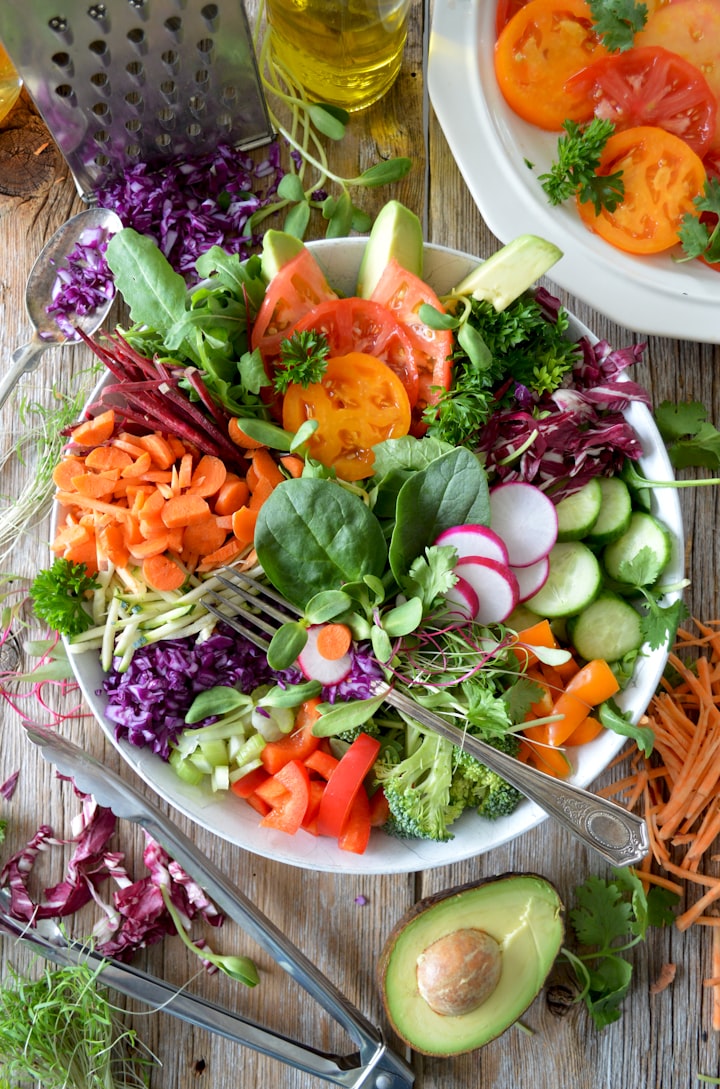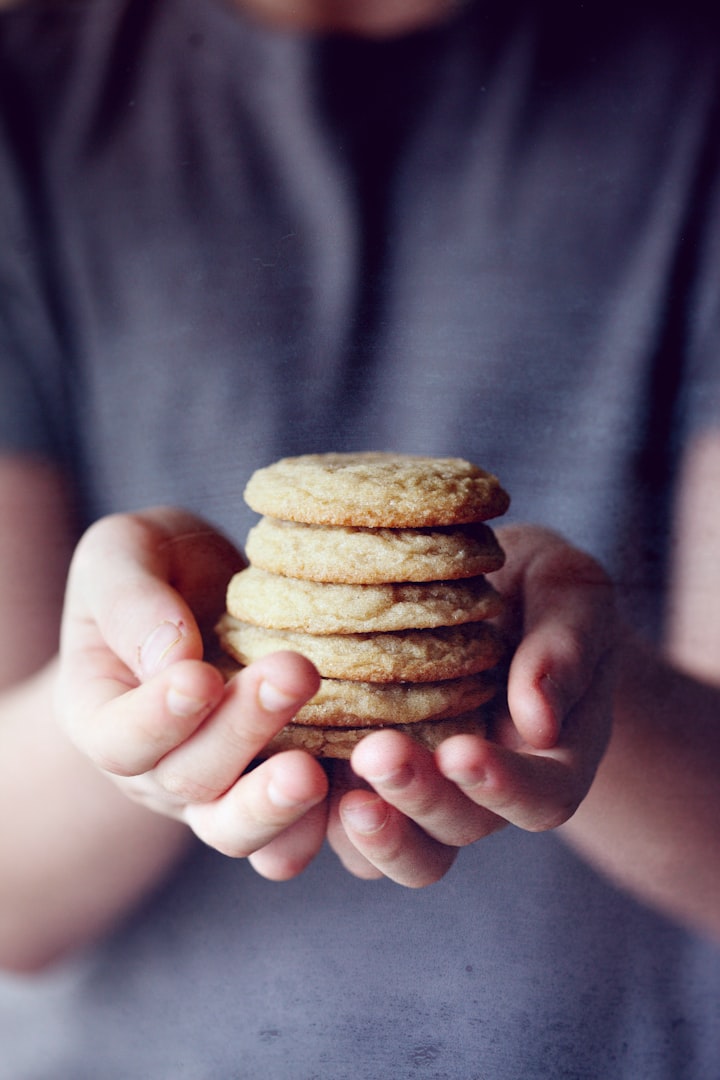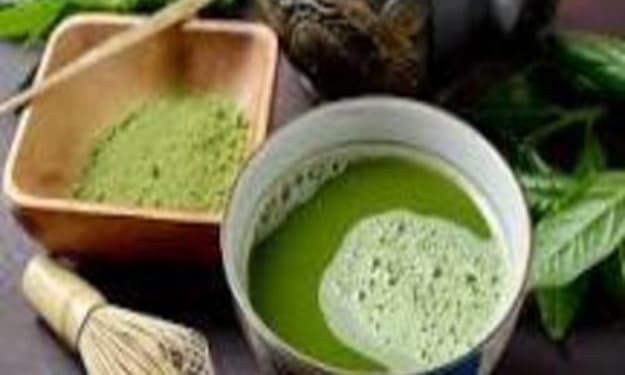5 Reasons Why Going Vegan is the Best Thing You'll Ever Do
Best reasons why

Going vegan is one of the best lifestyle changes you can make. By eliminating all animal products, including meat and dairy, from your diet you are making a positive impact on your health, the environment, and the lives of animals. Here are 5 reasons why going vegan is the best thing you'll ever do
1) Health
When it comes to health, going vegan is one of the best decisions you can make. Numerous studies have shown that following a plant-based diet can reduce your risk of developing certain chronic illnesses such as heart disease, diabetes, and even certain types of cancer. The health benefits associated with a vegan lifestyle are immense.
A vegan diet provides the body with essential vitamins, minerals, and antioxidants which help protect the body against disease. Eating a variety of plant-based foods also provides an abundance of dietary fiber that keeps the digestive system healthy and helps regulate blood sugar levels. Additionally, many plant-based proteins contain all nine essential amino acids that the body needs in order to build and repair cells.
What’s more, switching to a vegan diet can lower your cholesterol levels, reduce your risk of stroke, and improve overall mental and physical well-being. When you consume a vegan diet, you tend to eliminate processed foods from your diet which can have a positive effect on both your physical and mental health.
By removing animal products from your diet and replacing them with whole, plant-based foods, you will notice an improvement in your overall health in no time. Going vegan is an investment in your long-term health and well-being, so why not take the plunge and reap all the amazing benefits it has to offer?
2) Recipes
When it comes to veganism, one of the most exciting aspects is discovering new recipes. With so many plant-based ingredients available, there are endless possibilities for amazing and nutritious dishes. You may be surprised to find out that you don’t have to give up some of your favorite meals. From pizza and tacos to burgers and milkshakes, there are plenty of delicious vegan recipes available.
No matter what type of food you like, there are vegan versions of almost anything you can think of. The internet is full of incredible recipes that provide detailed instructions on how to create the perfect vegan dish. Many vegan food bloggers also provide tips and tricks for creating delicious vegan dishes without having to rely on a pre-made mix or jar of sauce.
You can even recreate classic comfort food recipes like mac and cheese, chili, casseroles, and more. For example, if you love pasta, you can use vegan cheese to create a creamy, vegan Alfredo sauce. Similarly, you can make burgers with ingredients like black beans, sweet potatoes, mushrooms, nuts, and grains. The possibilities are endless!
Overall, the world of vegan cooking is incredibly diverse and rewarding. Even if you’re new to veganism, you’ll find plenty of recipes that will satisfy your taste buds and provide plenty of nourishment. With just a bit of practice and experimentation, you’ll soon discover that veganism isn’t just healthy—it’s delicious too!
If you want the recipe book click here
If you want a substitute for meat book click here
3) Saves animals
Going vegan is one of the best things you can do for the planet, and for animals. By going vegan, you’re no longer supporting animal exploitation, cruelty, and suffering. When you stop buying animal products, you’re sending a powerful message that cruelty to animals is wrong and unnecessary. You’re also making a statement that it’s possible to live a healthy, satisfying life without causing animals any harm.
The commercial meat, egg, and dairy industries are responsible for an incredible amount of animal suffering. Animals used for these industries are kept in cramped, filthy cages, injected with hormones and antibiotics, and subjected to inhumane treatment throughout their lives. By choosing to go vegan, you’re saying no to these practices and helping to reduce animal suffering.
In addition to the animals that are directly affected by the animal agriculture industry, going vegan also helps to protect wild animals and their habitats. Animal agriculture contributes significantly to deforestation and water pollution, which can have a devastating effect on wildlife and their habitats. By cutting down on or eliminating your consumption of animal products, you can help to reduce this impact.
Going vegan is one of the best ways to reduce animal suffering and protect wildlife. By choosing not to consume animal products, you’re taking a stand against cruel practices and making a statement that animals deserve our respect and compassion.
4) Weight Loss
Going vegan has been associated with weight loss in multiple studies. When it comes to losing weight, going vegan is an effective way to do so. Plant-based diets are typically high in fiber and lower in calories than traditional diets. This means that you can fill up on satisfying, nutritious foods without consuming large amounts of calories.
In addition, vegan diets are naturally free of cholesterol and saturated fats, which are the main culprits of obesity. By avoiding unhealthy fats, vegans tend to be healthier overall, leading to a leaner body composition.
One study published in Nutrition & Metabolism revealed that vegan dieters lost significantly more weight than their meat-eating counterparts. The researchers concluded that a plant-based diet “has the potential to decrease body mass index (BMI) and waist circumference by greater extents than a diet which includes animal products.”
Overall, going vegan is an effective and healthy way to lose weight. Since vegan diets are free of unhealthy fats and packed with fiber, vegans tend to lose more weight than those who follow more traditional diets.
5) Improved Digestion
The vegan diet can provide many benefits to your digestion. Eating a plant-based diet is full of fiber, which helps to keep your bowels regular and reduce constipation. Fiber also helps to promote a healthy gut microbiome by providing food for beneficial bacteria in the gut. Eating vegan can also help to reduce bloating and other digestive issues. Plant-based foods are generally low in fat, making them easier to digest than animal products. Eating a vegan diet can also help to reduce inflammation in the body, which can improve overall digestive health. Additionally, many vegan foods contain prebiotics, which can support the growth of beneficial bacteria in the gut and help your digestive system function more efficiently. A vegan diet may also help to protect you from developing chronic diseases like type 2 diabetes and heart disease. Studies have shown that people who follow a vegan diet tend to have lower levels of LDL (“bad”) cholesterol, lower blood pressure, and lower risk of obesity. All of these factors can contribute to reducing your risk of heart disease, stroke, and other chronic illnesses. Being vegan also means avoiding processed foods and focusing on whole-foods such as fruits, vegetables, nuts, beans, legumes, grains, seeds, and unrefined oils — all of which are rich in antioxidants and other essential vitamins and minerals. Eating a balanced vegan diet ensures that you get all the nutrients you need without consuming excess saturated fats or added sugars.
Book one over 300 recipes
https://www.digistore24.com/redir/443631/LouisB1/
Book two best substitute for meat





Comments
There are no comments for this story
Be the first to respond and start the conversation.